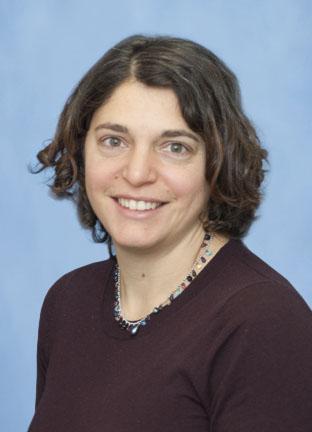Biography
After completing my undergraduate degree at the University "Federico II" in Naples, Italy, I moved to Vienna, Austria, where I obtained a PhD at the Institute for Molecular Pathology (IMP). I worked in the laboratory of Dr Meinrad Busslinger, and studied the regulation of the transcription factor Pax5 in B lymphocytes. In 2002, I started my postdoctoral training at the University of California, San Francisco, in the laboratory of Dr Matthias Hebrok. While the Hebrok's lab was mostly interested in pancreas development and differentiation of beta cells (the insulin producing cell in the pancreas), I started a project on pancreatic cancer studying signaling pathways regulating embryonic development of the pancreas that are re-activated during pancreas carcinogenesis. I was particularly interested in Hedgehog and Wnt signaling. Towards the end of my postdoc, I sought to incorporate my previous training in immunology in my pancreatic cancer work. In summer 2008, I was recruited to the University of Michigan as Assistant Professor.
Research Interests
My laboratory is interested in the crosstalk of tumor cells with components of the surrounding microenvironment. Oncogenic Kras is the key driver of pancreatic cancer in humans; yet mutations in KRAS are common while pancreatic cancer is rare. We are interested in the interplay between epithelial cells, expressing oncogenic Kras, and surrounding fibroblasts and immune cells that either prevent or promote carcinogenesis. We are further interested in how these interactions evolve with disease progression, and their role in tumor maintenance and metastasis. We use a combination of genetically engineered mouse models and human pancreatic cancer samples, including tumor organoids co-cultured with matched fibroblasts and immune cells. The overarching goal of our research is to understand the mechanistic underpinnings of pancreatic cancer, and identify ways to disrupt tumor cell-microenvironment cross-talk to sensitive pancreatic cancer to therapy.



